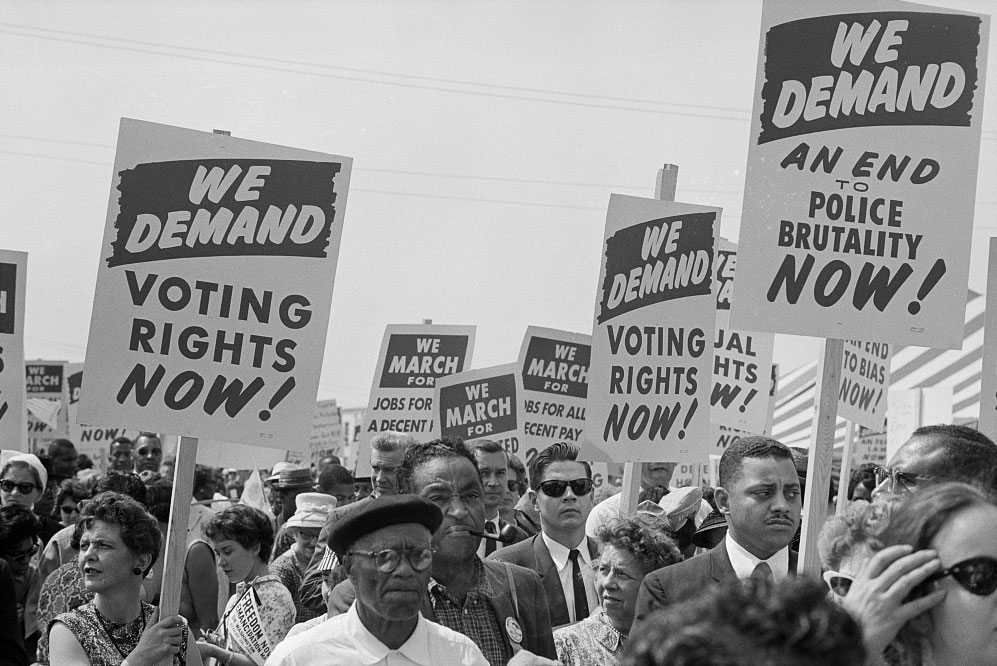A Culture of Disenfranchisement: How American Slavery Continues to Affect Voting Behavior
(2015)
(with Avi Acharya and Maya Sen)
In Shelby County v. Holder (2013), the Supreme Court struck down parts of the Voting Rights Act of 1965 on the argument that intervening history had attenuated many voting inequalities between blacks and whites. But how, where, and by how much have things changed, and does history still predict voting inequalities today? We show that parts of the American South where slavery was more prevalent in the 1860s are today areas with lower average black voter turnout, larger numbers of election lawsuits alleging race-related constitutional violations, and more racial polarization in party identification. To explain this, we develop a theory of behavioral path dependence, which we distinguish from other theories of path dependence. We show evidence of behavioral path dependence demonstrating that disfranchisement can linger over time and that the effects of restrictions on voting rights can persist culturally.